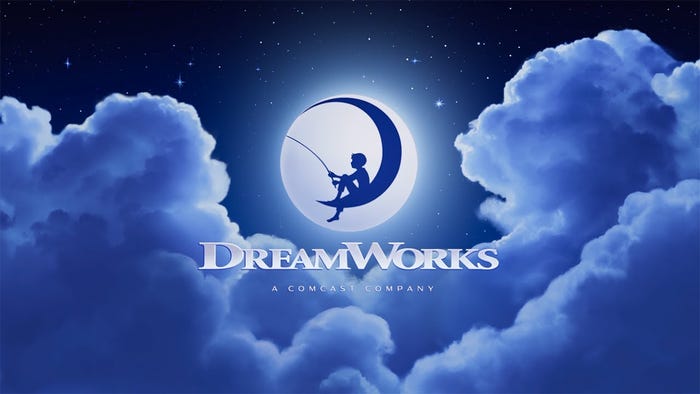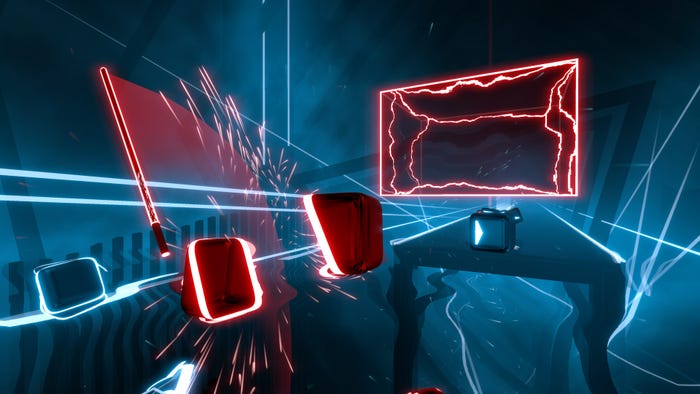Ethics of Zero Sum Narrative
In this post, I will discuss the highly criticized game, Assassins Creed Unity. We will not, however, be discussing anything to do with bugs or technical issues, etc. We will be discussing the ethical implications of what I like to call 0 Sum Narratives.

For those of you who have not played the series. Assassins Creed is a large scale franchise spanning 8 core games and a myriad of other material including some transmedia projects (books, movies, etc). In the interest of time, I suggest watching this quick narrative summary video to bring you up to speed.
Now as of the end of Assassins Creed Black Flag Juno was released onto the world, but she wasn't strong enough to take a body yet. We met the Sage, Junos' dead husband who keeps reincarnating. Although not much comes of the narrative outside of these additions, it's made painfully clear that something big is coming soon. I don't consider this title 0 Sum for a couple of reasons
It can be considered a transition title
After the death of Desmond, Ubisoft needed to decide how to proceed in the real world storyline. Had they immediately jumped into a new protagonist, it might have cheapened Desmond death as simply killing off a character.
Protecting the Long-term
Up to this point they had invested a lot into the precursors and the Pieces of Eden, which had done well for them, but in order to ensure the vitality of the series, it would be understandable to deviate slightly from the formula. This would allow them to try out new ideas, (Finding precursor locations as oppose to objects, first person exploration and interaction, etc)
In many respects, Black Flag is a large deviation from the traditional series. So it would be understandable not to invest as much into the narrative into a game that might rub the audience the wrong way from a mechanics standpoint.
"So what's wrong with AC: Unity?"
Assassins Creed is a story. Each of the core games presenting a new step forward in solving all of the questions of Juno, The Precursors, the origins of man, as well as half a dozen other topics presented throughout the series. I consider Unity a breach of ethics because it has 0 contributions to the series. Outside of the odd relationship between Arno and Elise, no major game play, meaningful conclusions, or new information was added by the end of the core narrative.
"What about searching for the sage?"
Searching for the sage, which was the major goal of the "real world" or "out-of-animus" world for this title and finding him before the templars is absolutely crucial and everyone is risking their lives (mainly you) to find him.
Spoiler! It was pointless. No seriously. Check out this cut scene. This takes place shortly after the final fight (which I also have a grievance with, but that’s for another day). In summary: "Good job. Unfortunately we won't be able to use this sage so knowing where his body is, is pointless. Keep playing the game and I we'll give you a call when we have another goose for you to chase."
No sage information, no Juno update, nothing on the templar movements. Nothing is added to the core narrative.
"Now Zac, surely you're exaggerating. What about the Sword of Eden?"
Remember that final boss fight? The last thing you do in the game? I invite you to watch this portion of it, taking place only slightly beforehand. As you can see, he had no idea what it was... at all. No one even told him that the Pieces of Eden existed! In fact, I'm willing to bet that no reference is made at any point in the game from either the animus world or the real world about the sword. No one even acknowledged it besides Arno. The sword doesn't even get a name until it's in your inventory!
To make matters worse, all indications point towards that Arnos story is a onetime deal. So this will likely not lead into a large story in a meaningful way.
So when I say that AC Unity is a Zero Sum Narrative, I mean that it is a part of the franchise that serves no purpose. No reason comes to mind of why you cannot skip this game entirely and be completely up to date for the next game. This of course would change at which point I'll stand corrected, but I find it highly unlikely.
So now that we have labeled Unity as a Zero Sum Narrative. Let's talk about ethics. Many successful games are produced as franchises that have no meaningful narrative links. Call of Duty, for example. At the same time, Call of Duty is not, nor has it ever truly been a story game. Assassins Creed has been, from the original game, a story based RPG. In fact, Ubisoft felt the story was so good, they not only continued to make games, but books and even a movie is in the works. So what happened? I highly doubt that they are trying to turn Assassins Creed into a Call of Duty Competitor. We can say this is a transition game, but as I stated earlier, the last game covered that pretty well enough.
One possibility is that Ubisoft is intentionally stalling the series. DONT BREAK OUT THE PITCHFORKS FOLKS. This is just a theory. If Ubisoft, a publicly traded company with shareholders and the only real goal of making money, felt the series was moving faster than they anticipated, then stalling the games narrative in order to maximize long-term viability of future products would be a solution. Once the core series is finished, new, young markets desire to see the movies, read the books, etc. would probably die off. So the desire to preserve the core series would be extremely high.
Which brings me to my final point: Is this practice ethical?
Is it ethical to completely stall the narrative of story based game, in order to preserve the market? Will the narrative continue in the next title? More than likely, but what about the next one? How will we know which titles are going to be Zero Sum and which aren't?
Let's assume they find a middle ground? How do we define meaningful advancement of a narrative? Is it a checklist? "Must have 3/5 items marked to be meaningful." Eventually it's up to the audience majority to decide.
About the Author(s)
You May Also Like













